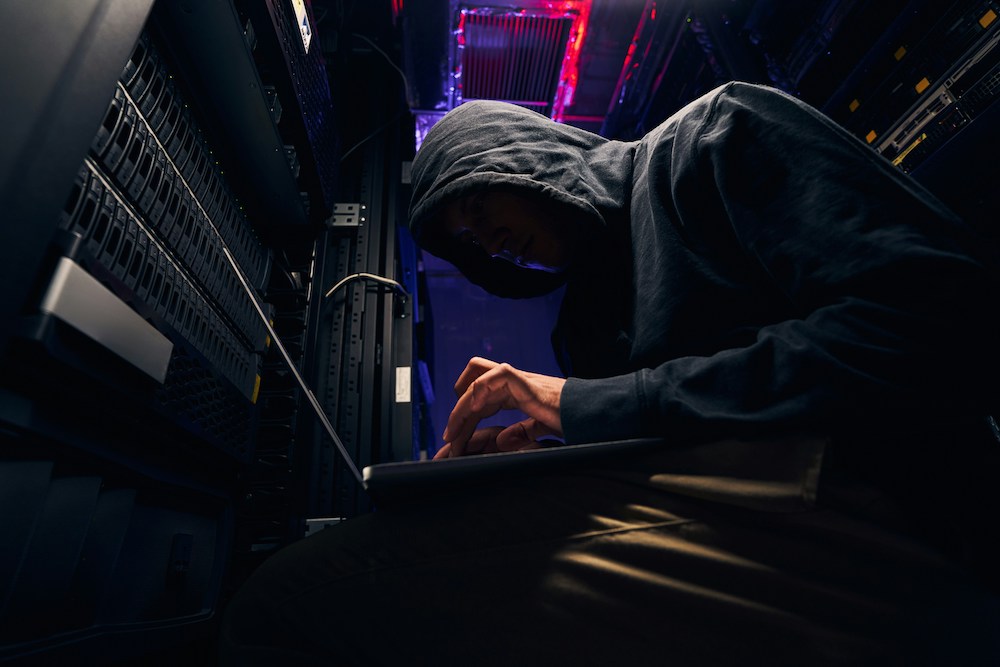How to Hack-Proof Your Registration Process
We live in a world where cyber threats lurk around every corner. That is why ensuring the security of your event registration process is paramount. Not only does it protect your attendees’ sensitive data and financial transactions, but it also safeguards your event’s reputation and builds trust with your audience.
The Foundation: Choosing a Secure Platform
Think of your event registration platform as the fortress protecting your attendees’ data. Opt for reputable platforms that boast robust security features like data encryption, regular backups, and fraud detection tools. Ensure the platform complies with industry standards like PCI DSS for secure payment processing. This isn’t the time to cut corners; invest in a platform that prioritizes security as much as you do.
The Gatekeepers: Strong Password Policies
A strong password is the first line of defense against unauthorized access. Encourage your attendees to create complex, unique passwords during registration. Implement password complexity requirements and consider using multi-factor authentication (MFA) to add an extra layer of protection. It’s a small step that can make a big difference in thwarting hackers.
The Watchtower: Regular Software Updates
Think of software updates as patching holes in your fortress walls. Keep all registration software, plugins, and extensions up-to-date to minimize vulnerabilities that hackers could exploit. Don’t let outdated software become the Achilles’ heel of your event’s security.
The Vault: Secure Payment Processing
Partner with trusted payment gateways that employ robust security measures to protect sensitive financial information. Consider using tokenization to replace credit card numbers with unique tokens, making it significantly harder for hackers to steal valuable data.
The Guardians: Educating Staff & Attendees
Your staff and attendees are your allies in the fight against cyber threats. Train your staff to identify and respond to potential phishing scams or suspicious activity. Communicate security best practices to attendees, such as avoiding clicking on suspicious links or sharing personal information with unverified sources. Empower them to become vigilant protectors of their own data.
The Sentinels: Monitoring for Fraud
Regularly review registration data for unusual patterns or suspicious transactions. Implement fraud detection tools that can identify potentially fraudulent registrations or payments. Stay one step ahead of the hackers by proactively monitoring for any signs of trouble.
The Encryption Shield: Protecting Data at Rest and in Transit
Encrypt sensitive attendee data, both when it’s being transmitted and when it’s stored, to protect it from unauthorized access. Utilize secure communication protocols like HTTPS for all website interactions. This ensures that even if data is intercepted, it remains unreadable to prying eyes.
The Fortress Walls: Secure Website & Network
Conduct regular security audits of your event website and network infrastructure to identify and address any vulnerabilities. Use firewalls, intrusion detection systems, and other security measures to protect against cyberattacks. Reinforce your fortress walls to deter even the most determined hackers.
The Safety Net: Regular Data Backups
Create regular backups of all event registration data and store them in a secure off-site location. This will ensure that you can recover your data in the event of a breach or system failure. Don’t let a single incident derail your entire event.
The Transparency Pact: Privacy Policy
Develop a clear and transparent privacy policy that outlines how attendee data will be collected, used, and protected. Obtain explicit consent from attendees before collecting any personal information. Be upfront and honest about your data practices to build trust with your audience.
Additional Measures for Virtual Events
Captcha Verification: This classic test helps differentiate between humans and bots.
Double Opt-In: Require attendees to verify their email address after registering.
Multiple Choice Questions: Include event-related questions to filter out bots.
Phone Verification: For high-value events, consider requiring phone number verification.
Data Validation: Use tools to check for disposable email addresses and filter IP addresses.
Monitor Registrations: Keep an eye on registration patterns and investigate any suspicious activity.
Registration Limits: Set limits on registrations from a single email or IP address.
Promote Human Interaction: Encourage attendees to fill out a bio or add a profile picture.
Secure Virtual Event Platform: Choose a platform with built-in security features.
Track Login Attempts: Monitor login attempts and implement lockout policies.
By implementing these comprehensive security measures, you can fortify your event registration process against scammers and hackers. Remember, a secure registration process not only protects your attendees’ information but also enhances your event’s reputation and fosters trust with your audience. In the ever-evolving landscape of cyber threats, vigilance and proactive security measures are key to ensuring a successful and secure event.
Any thoughts, opinions, or news? Please share them with me at vince@meetingsevents.com.
Photo by Unsplash+ In collaboration with Getty Images





